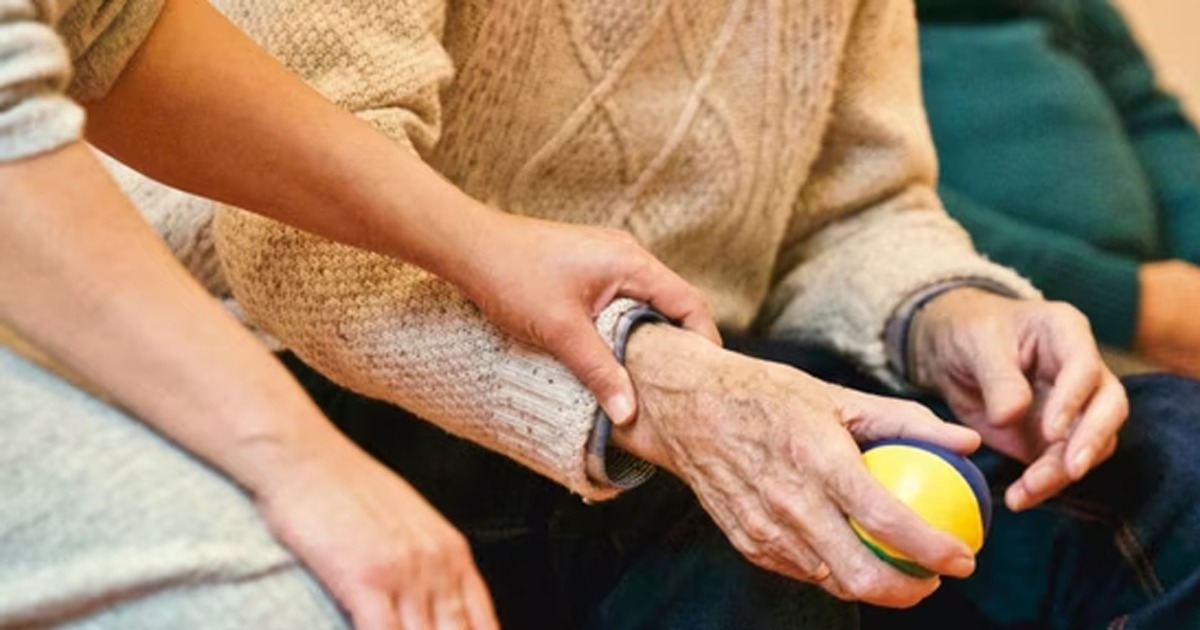How to obtain money from your home without selling it: what seniors and heirs need to know about reverse mortgages
By Bricksnwall | 2025-08-23

Reverse Mortgage for Seniors: If the titles are
wrong, the taxes aren't paid, or there are conflicts over who should receive
the property, heirs may have problems getting it.
In 2019, an old couple in Pune used a reverse
mortgage on their home to get some extra cash. When their father died, the bank
told the kids they had to pay back the debt to keep the house. But the title
still had the name of an uncle from a long time ago on it, and there was no
official paperwork for his share. It took more than two years in court to get
everything out. Interest kept growing, and by the time the problem was solved,
the family had to sell the house for less than it was worth on the market.
How Reverse Mortgages Work
In a reverse mortgage, a bank offers a borrower a
lot of money in exchange for the equity in the property. The borrower may not
have a problem with getting a reverse mortgage while they are still living, but
the lump sum and interest that are due when the main borrower dies could be a
problem.
Vivek Joshi, Senior Associate at PSL Advocates and
Solicitors, says, "This puts the legal heir in charge of paying back the
full amount plus interest in a short amount of time. If they don't, the
property may have to be sold to pay off the loan."
What is a Mortgage that Travels in the Other Direction?
A reverse mortgage is a way for an older person to
get money from a bank without having to sell their home. In this situation, the
bank pays the owner a certain sum per month, every three months, or all at
once. The owner doesn't have to pay anything while they live in the flat. The
repayment procedure starts when the owner sells the property, moves out for
good, or dies. The heirs can either pay off the loan and keep the house or let
the bank sell it at that moment. The heirs get the money that is left over from
the sale once the loan is paid off.
If the borrower dies, moves out for good, or
something else happens that is listed in the contract and the dues are still
not paid, the lender can obtain the money back by selling the property.
The heirs must pay back the loan within the time
range stipulated by the lender (typically a few months, but the lender might
prolong it if they want to). Atul Monga, the CEO and co-founder of BASIC Home
Loan, says, "If heirs fight over rights or there are problems with the
title, the settlement process can get stuck, which costs money, takes time, and
lowers the value of the property."
The Heir's Choice: Buy Back or Let Go
A reverse mortgage could also impact how the consolidated fund is set up for retirement income and make it difficult to pass property on to the legal heir in the future (since it works under the normal rules of succession). When you get a reverse mortgage, there are tight rules about how you can borrow money.
Source: Hindustan Times







